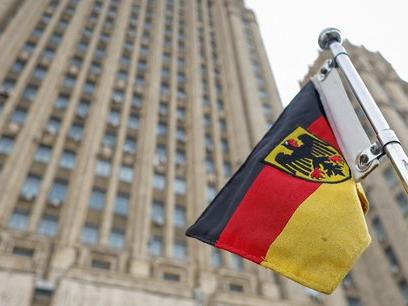Germany’s inflation rate has fallen to 1.9% in August, marking the lowest level since March 2021, according to data released by the Federal Statistical Office. This significant decrease, down from 2.3% in July, has surpassed analysts’ expectations and fallen below the European Central Bank’s (ECB) target of 2% for the first time in over three years.The primary driver behind this decline is a 5.1% drop in energy prices compared to the same period last year. Food prices saw a modest increase of 1.5%, while service prices continued to rise at a higher rate of 3.9%. The core inflation rate, which excludes volatile items like energy and food, slightly decreased to 2.8% from 2.9% in July.German Chancellor Olaf Scholz welcomed the news, stating, ‘The people have more money in their pockets again. Inflation is decreasing, and real wages are rising for the fifth quarter in a row’. This development has fueled optimism in European markets, with Germany’s DAX stock index hitting record highs.However, economists caution against premature celebration. Some predict that inflation could rise again in the coming months, potentially reaching 3% within the next 6-12 months. Carsten Brzeski from ING warns that rising wages in Germany could fuel inflationary pressures in the near future, particularly if unions are successful in upcoming wage negotiations.The inflation data has intensified discussions about potential interest rate cuts by the European Central Bank. Many analysts now expect the ECB to consider lowering rates at its September meeting. However, the ECB’s decision will likely depend on broader eurozone inflation data and economic indicators.Despite the positive inflation news, concerns persist about consumer sentiment and economic growth. The GfK consumer climate study showed a decline in consumer sentiment in August, with expectations of income and economic growth falling. Germany’s GDP decreased by 0.1% in the second quarter of 2024 compared to the first quarter, highlighting the complex economic landscape the country faces.
Key points
- Germany’s inflation rate fell to 1.
- The decrease in inflation has led to speculation about potential ECB interest rate cuts in September.
- Economists warn that this trend may not be sustainable, with predictions of inflation rising again in the coming months.
- Despite lower inflation, concerns persist about consumer sentiment and economic growth in Germany.
9% in August, the lowest since March 2021, primarily due to lower energy prices.
Contradictions👾While some sources emphasize the positive aspects of falling inflation, others warn about potential future increases and economic challenges, creating a nuanced and somewhat contradictory outlook.
